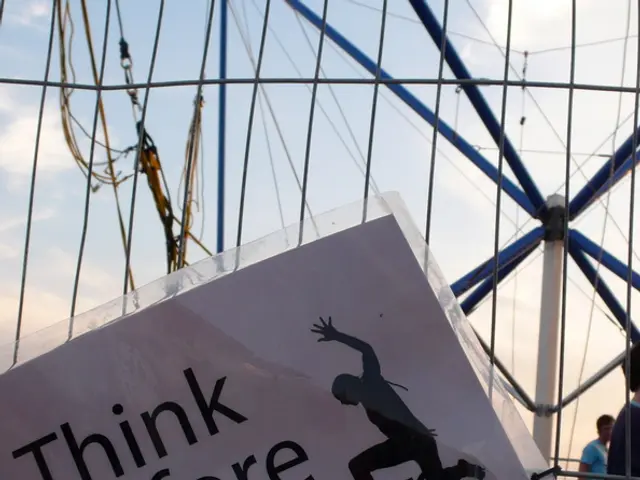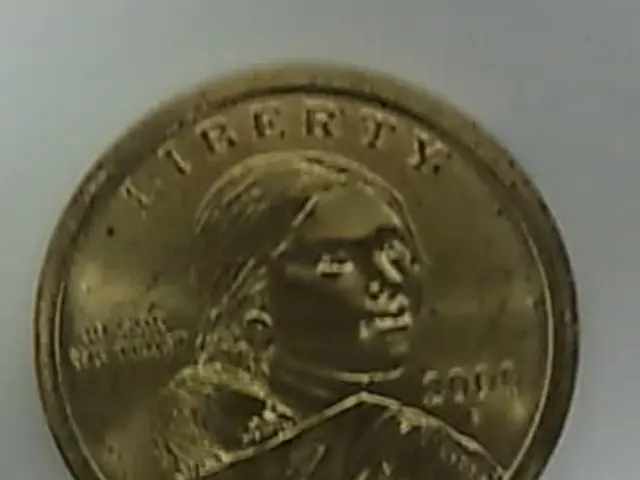Impact of Trump's tariffs following court's ruling against them
A Federal appeals court has temporarily reinstated President Trump's tariffs that were invalidated by two separate federal courts. The tariffs, including the 30% levy on China and a baseline 10% levy on nearly all imports, were initially deemed unlawful due to the President's use of the International Emergency Economic Powers Act.
Trump's tariffs, which have raised concerns among financial markets and businesses, will remain in effect for the time being while legal challenges proceed further. The appeals court's decision on Thursday means that the levies will be collected until the court determines the legitimacy of Trump's tariff authority.
The court's decision brings a temporary halt to the issuance of refunds for importers affected by the tariffs. However, it's unclear whether the government may seek to delay refunds until appeals are exhausted. The fate of the steepest tariffs is uncertain, with the ultimate resolution potentially falling to the Supreme Court.
Several lawsuits have been filed, challenging the legality of Trump’s tariffs under various statutes. The U.S. Court of International Trade has taken up the issue and is anticipated to render a decision that may eventually reach the Supreme Court.
For businesses and importers, there remains ongoing uncertainty as to the long-term future of these tariffs and the potential for future refunds or repeals. According to some economists, without the highest tariffs, the U.S. economy would grow at a faster rate in the second half of the year, with prices increasing at a slower pace [1].
Financial markets have had a muted response to the news, with the expectation that the White House will discover a workaround to continue pursuing its trade agenda [2]. The undercurrent of uncertainty and the potential for further legal challenges clouds the outlook for Trump’s trade policy.
References:[1] AP Economics Writer, Christopher Rugaber, contributed to this story.[2] "Investors are not getting too carried away, presumably in the expectation that the White House will find a workaround that allows them to continue to pursue their trade agenda," said Matthew Ryan, head of market strategy at the financial services firm Ebury.
- The government may consider delaying refunds for importers until the legal challenges against Trump's tariffs are completely resolved.
- The fate of the steepest tariffs could potentially be decided by the Supreme Court, depending on the U.S. Court of International Trade's ruling.
- The ongoing uncertainty surrounding these tariffs and their potential repeals is a concern for businesses and importers in the economy.
- The reinstatement of Trump's tariffs, including the 30% levy on China and the 10% levy on nearly all imports, has raised concerns among financial markets and businesses.
- Technology companies like Microsoft, based in Seattle, could potentially be affected by the reinstated tariffs on China, which might have broader implications for the technology sector in general-news.








